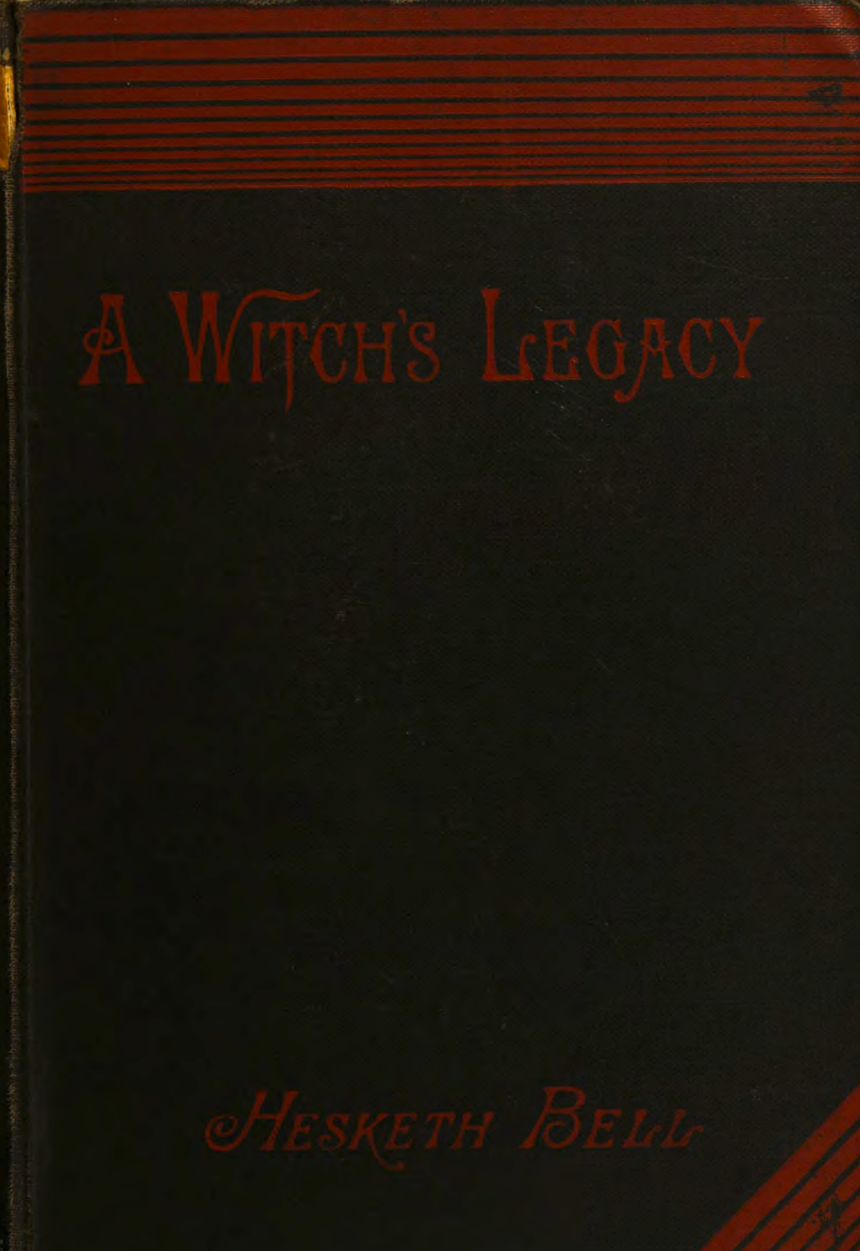Key Text: A Witch's Legacy
Sir Henry Hesketh Bell was born in the United Kingdom in 1864, decades after slavery had officially been abolished in 1807. A career colonial administrator in Britain's sprawling empire, Bell held posts in Barbados, Dominica, the Bahamas, and Grenada as well as governorships in Northern Nigeria, the Leeward Islands, and Mauritius. During his time in the Caribbean he authored memoirs, colonial histories, and novels, including the novel A Witch's Legacy. Bell was quite interested in magic and obeah and authored fictional and non-fictional texts on these topics including Obeah: Witchcraft in the West Indies (1889), Love in Black (1911), and Witches and Fishes (1948). Bell's publications span nearly 50 years, and appear in the 19th and 20th centuries. His published his last work in 1949 and died in London, England in 1952.
First printed in London by William Clowes and Sons in 1893, A Witch's Legacy tells the story of the 'charismatic' and harsh Jack Moseby Esq., a once wealthy plantation owner—prone to melancholy and sentimentality—who experiences money troubles and other uncertainties over the course of the novel. With the help of those whom he enslaves and other free blacks, Moseby comes into contact with obeah, and his life changes drastically by the end of the novel.
Little is known of the specific reception of the text; however, most obeah-themed novels of the same period circulated widely, but with mixed reception. Bell's novel is at once late-gothic and pastoral; it pays great attention to the lush and sensual ecology of the Caribbean which it depicts in contrast to the wickedness and selfishness of both man and the practice of obeah. The text, included in the ECDA's Obeah Narratives Collection, is useful to scholars interested in the fictionalization of obeah and descriptions of the Caribbean landscape.
The cover of the first edition of A Witch's Legacy (London, 1893). Image from Hathi Trust and the University of Chicago.

